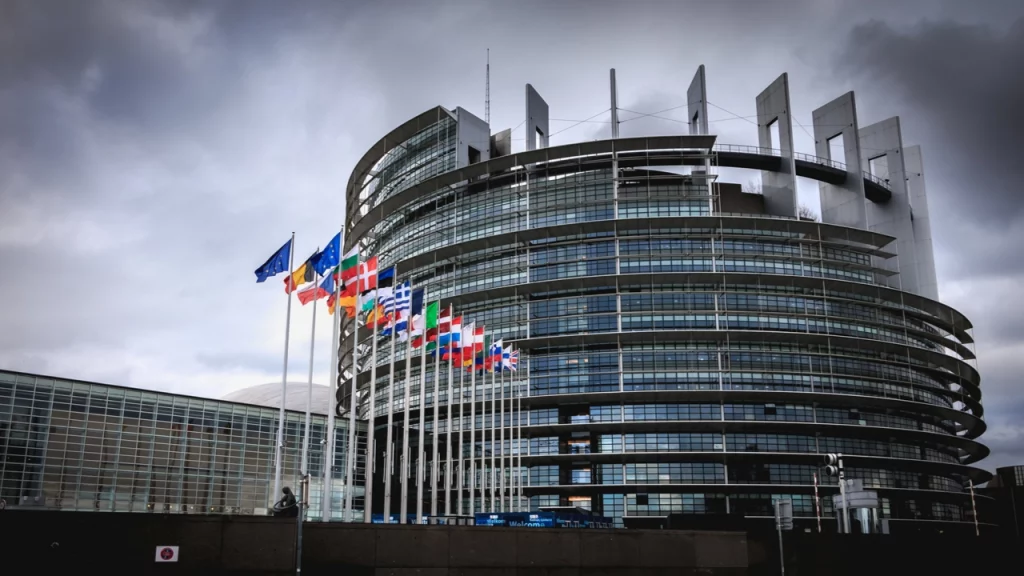Changes to the EU’s MiCA proposal to regulate crypto markets, announced just days before the package’s vote, indicate that a Bitcoin ban is still a possibility.

A section of Europe’s Markets in Crypto Assets (MiCA) draft legislation prohibiting the provision of services for cryptocurrencies based on the proof-of-work (PoW) mining mechanism was recently removed. The contentious provision had elicited harsh responses from the crypto community and industry.
Attempts to essentially outlaw cryptocurrencies such as Bitcoin in the EU, on the other hand, have continued. Amendments to MiCA submitted on Friday, only days before the Committee on Economic and Monetary Affairs (ECON) votes on the package, aim to limit “unsustainable” cryptos.
PoW mining isn’t mentioned this time, but the end consequence is likely to be the same, according to BTC Echo, a German crypto news outlet. “Before being issued, marketed, or permitted to trading in the Union, crypto-assets shall be subject to minimal environmental sustainability requirements concerning their consensus method used for validating transactions,” the new regulation states.
According to the authors of the legislation, such cryptocurrency must meet sustainability requirements. Bitcoin-related services will be de facto excluded from the scope of regulated activities if ECON backs the plan on Monday when the committee is set to vote on MiCA. Unstoppable Finance’s head of strategy and growth, Patrick Hansen, tweeted:

According to the analysis, the implications of a yes vote would be disastrous. A total prohibition on cryptocurrencies based on the proof-of-work idea would paralyze the digital asset market in the EU, encouraging law-breaking, weakening consumer protections, and ultimately forcing many enterprises in the field to leave the EU.
Officials and regulators from several EU member states, notably Germany, have advocated for a European ban on power-hungry PoW mining in recent months, citing environmental concerns.
Sweden pushed on it, claiming that growing the use of renewable energy to mine bitcoin is jeopardizing other industries’ climate neutrality aspirations. Norway, a non-EU country, has expressed interest in supporting its stance.
